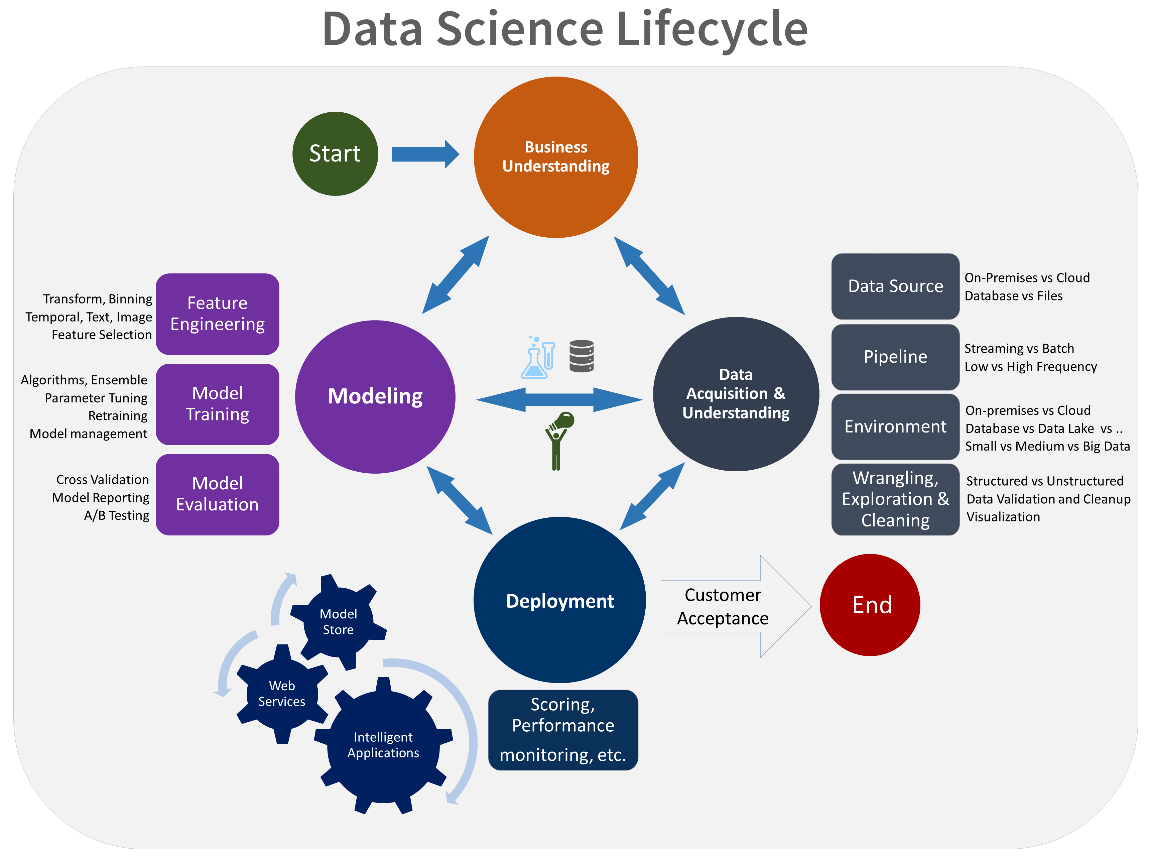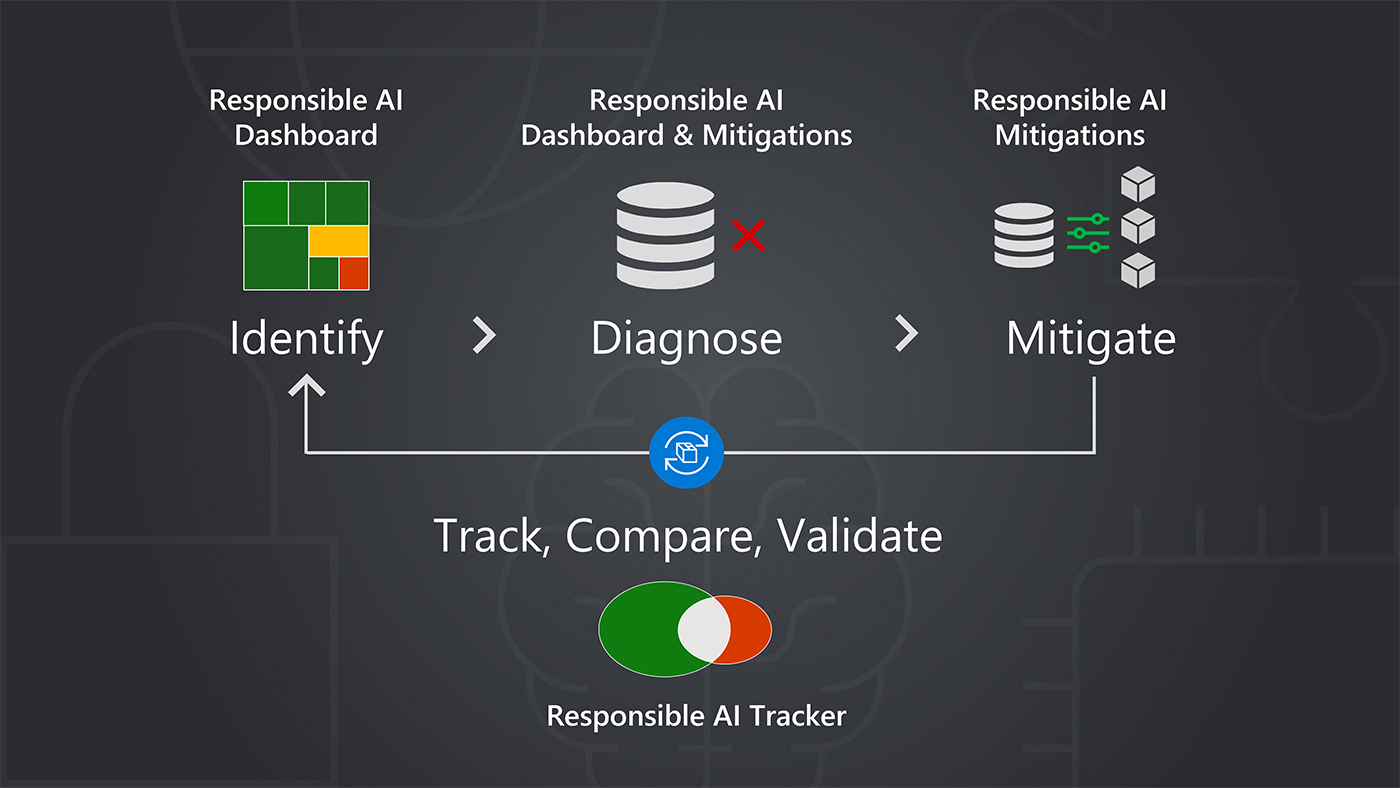In the fast-evolving world of technology, AI and Data Science are two powerful fields that often get intertwined. Understanding the key differences between them is crucial for navigating the digital landscape effectively.
Overview of Data Science and Artificial Intelligence
Data Science and Artificial Intelligence are two interconnected fields that play a crucial role in today’s technological landscape. While **Data Science** focuses on extracting insights from structured and unstructured data using various statistical and analytical techniques, **Artificial Intelligence** involves creating intelligent machines that can mimic human behavior.
Machine learning is a key component of both Data Science and Artificial Intelligence, enabling systems to learn and improve from experience without being explicitly programmed. This technology is used in various applications such as speech recognition, self-driving cars, and predictive analytics.
Data Science primarily deals with analyzing and interpreting complex data sets to make informed decisions, while Artificial Intelligence focuses on creating systems that can perform tasks that typically require human intelligence. Both fields rely on algorithms, statistics, and data visualization to uncover patterns and trends.
Key Differences Between Data Science and Artificial Intelligence
| Aspect | Data Science | Artificial Intelligence |
|---|---|---|
| Definition | The field of study that deals with identifying patterns and insights from large amounts of data. | The simulation of human intelligence processes by machines, especially computer systems. |
| Focus | Mainly focuses on extracting knowledge from data. | Focuses on creating intelligent machines that can mimic human behavior. |
| Applications | Used in various fields like healthcare, finance, marketing, etc., to make data-driven decisions. | Applied in robotics, natural language processing, computer vision, etc., to create intelligent systems. |
| Techniques | Includes statistical analysis, machine learning, data visualization, etc. | Includes neural networks, deep learning, expert systems, etc. |
| Goal | To derive insights and solve complex problems using data. | To create machines that can perform tasks that typically require human intelligence. |
Educational Requirements and Roles & Responsibilities

Educational requirements for AI and Data Science roles vary but typically include a Bachelor’s degree in Computer Science, Data Science, or a related field. For more advanced positions, a Master’s degree or PhD may be preferred. Roles in AI often involve developing algorithms and machine learning models to analyze and interpret data for decision-making. Data Science roles focus on collecting, analyzing, and interpreting large datasets to extract valuable insights.
AI engineers are responsible for designing and implementing AI algorithms and models to automate tasks and improve processes. Data Scientists, on the other hand, focus on collecting, cleaning, and analyzing data to uncover trends and patterns. Both roles require strong analytical skills, proficiency in programming languages such as Python and R, and a deep understanding of statistics and machine learning algorithms.
Salaries for Data Scientists and AI Engineers
Salaries for **Data Scientists** and **AI Engineers** can vary based on various factors such as experience, education, and location. **Data Scientists** typically earn around $120,000 to $160,000 per year, while **AI Engineers** can make anywhere from $150,000 to $200,000 annually. These roles are in high demand due to the increasing importance of **big data** and **analytics** in decision-making processes across industries.
Having a strong background in **computer science** and **data analysis** is crucial for success in these fields. Proficiency in programming languages such as **Python** and familiarity with tools like **TensorFlow** and **Scikit-learn** is also essential. **Data visualization** and **statistical inference** skills are valuable for interpreting and communicating insights from complex data sets.
With the rise of the **Fourth Industrial Revolution**, the demand for professionals who can develop **predictive models** and implement **AI algorithms** continues to grow. Companies in sectors like **insurance**, **banking**, **automotive**, and **technology** are investing heavily in AI and data science to improve customer experiences and drive innovation. By acquiring the necessary skills and expertise, individuals can position themselves for lucrative career opportunities in this rapidly evolving field.
Which Tech Career to Choose: Data Scientist or AI Engineer?

When deciding between a career as a Data Scientist or an AI Engineer, it’s important to consider your interests and skills. Data Scientists focus on analyzing and interpreting complex data sets to inform decision-making, while AI Engineers design and develop innovative AI technologies.
Data Scientists use statistical inference and predictive modeling to extract valuable insights from data, helping businesses make informed decisions. On the other hand, AI Engineers work on implementing AI algorithms and models to create intelligent systems that can perform tasks without human intervention.
If you enjoy working with big data and are passionate about data analysis and visualization, a career as a Data Scientist might be the right choice for you. However, if you are more interested in designing and implementing AI solutions for applications like self-driving cars or speech recognition, then pursuing a career as an AI Engineer could be more fulfilling.
Both Data Scientists and AI Engineers play crucial roles in the Fourth Industrial Revolution, and the demand for professionals in these fields is continuously growing. Consider your strengths and interests carefully before choosing which path to take in the exciting world of technology.
Popular Tools and Frameworks in Data Science and AI

Some popular tools and frameworks in the field of data science and AI include TensorFlow, Scikit-learn, and Python. These tools are essential for tasks such as predictive modeling, data processing, and algorithm implementation.
TensorFlow, for example, is widely used for deep learning applications and neural network design. Scikit-learn, on the other hand, is a powerful machine learning library that supports various algorithms for data analysis and modeling. Python is a versatile programming language that is commonly used for data manipulation and visualization.
These tools play a crucial role in the development of AI and data science projects, enabling professionals to analyze raw data, make predictions, and uncover valuable insights. By mastering these tools and frameworks, individuals can enhance their skills in areas like consumer behavior analysis, predictive modeling, and image recognition.



